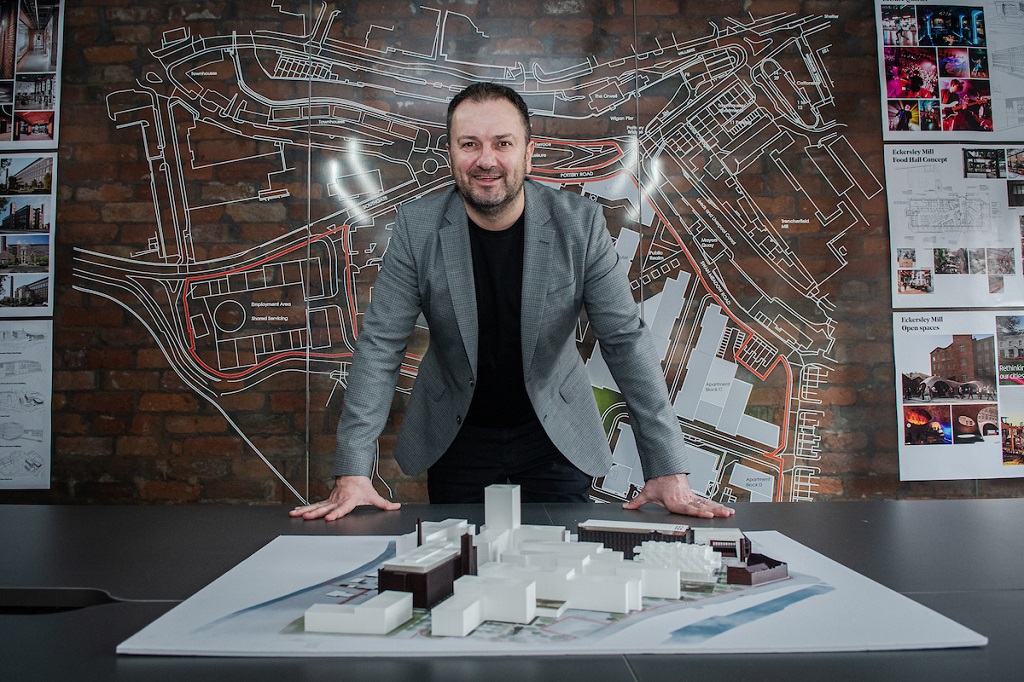RESOURCES | Handling behavioural and competency-based interviews
Andrew Kingsley of Kingsley Recruitment provides a comprehensive guide to competency-based interviews.
Now that you have submitted your CV and been invited to attend an interview with a prospective employer, you will need to know how to deal with competency-based interviews.
What is a competency-based interview?
Competency-based, or structured interviews, are designed to test specific skills. Candidates are asked questions relating to their behaviour in a range of circumstances and their answer is then compared against pre-agreed criteria and marked accordingly.
This approach is objective and targets specific skills, aptitudes or competencies. Candidates need to provide examples as evidence, which are then questioned further by the interviewer.
How are they different from normal interviews?
Normal, or unstructured interviews, are basically a conversation during which the interviewer will ask a few questions which are relevant to the role, so they can gain an overall impression of the candidate. These questions are generally open in nature and are designed to gather information, rather than test any specific aptitudes or abilities.
Unstructured interviews are much more subjective, as a decision is based on the overall impression of the candidate as an individual, rather than how they have scored against pre-ordained criteria.
Which competencies are being tested?
The competencies which are tested are dependent on the role being applied for. Some examples could be:
Individual competencies – your personal attributes: Flexibility, decisiveness, tenacity, independence, risk taking, personal integrity.
Managerial competencies – taking charge of other people: Leadership, empowerment, strategic planning, corporate sensitivity, project management, management control.
Analytical competencies – the elements of decision making: Innovation, analytical skills, numerical problem solving, problem solving, practical learning, detail consciousness.
Interpersonal competencies – dealing with other people: Communication, impact, persuasiveness, personal awareness, teamwork, openness.
Motivational competencies – the things that drive you: Resilience, energy, motivation, achievement orientation, initiative, quality focus.
Structuring your responses
Use the STAR model to provide a structure to your answers:
Situation – describe a situation or problem that you have encountered.
Task – describe the task that the situation required or your ideas for resolving the problem.
Action – describe the action you took, obstacles that you had to overcome.
Result – highlight outcomes achieved.
Potential questions
Here are some examples of competency-based questions:
Influencing or persuading others
- Tell me about a time when you were able to change someone’s viewpoint significantly.
- Tell me about a time when you were asked to do something you disagreed with.
Interpersonal and team skills
- What experience have you had working on a team?
- What skills and personal qualities have you contributed to the teams you have been part of?
- Tell me about a time when you used tact and diplomacy.
- Tell me about the last time you had a disagreement with somebody.
- Tell me about the most difficult person you have worked with.
- What have you disliked in your past jobs?
- What kinds of people do you enjoy working with?
- What kinds of people frustrate you?
- What qualities do you admire most in others?
Communication skills
- Tell me about a time when you were successful in getting crucial information from another person.
- Tell me about a time when somebody misunderstood what you were trying to communicate to them.
Personal adaptability, energy and resilience
- Tell me about a time when your work or an idea was criticised.
- Tell me about a time when you felt under pressure.
- Tell me about a time when you felt frustrated by your work.
Self-management, self-motivation and self-knowledge
- Tell me about a time when you acted over and above the expectations of your role.
- What have you done that shows initiative and willingness to work?
- What are your three major accomplishments?
- What does success mean to you?
- What does failure mean to you?
- What motivates you to put forth your greatest effort?
- What are your interests outside of work?
- Tell me about a major problem you have encountered and how you dealt with it?
Problem solving and decision making
- Tell me about a difficult decision you have made.
- Tell me about an unpopular decision you have made.
- What significant problems have you faced in the last year?
- How do you work under pressure?
- What impact do you think…..will have on our business?
- How would you motivate an employee who was performing poorly?
Conflict management and ethics
- How do you resolve conflict in the groups or teams that you have a membership with?
- How would you resolve a dispute?
- Tell me about a time you bent the rules. When is it okay to do so?
Personal and career objectives
- What are your short and long term goals?
- What are the most important things you are seeking in a career?
- What person do you admire most and why?
- Why do you want this position?
- Knowledge of the organisation and role
- Why did you apply for this position?
- What skills and personal qualities are essential for success in this role?
- What would you like to know about this organisation?
- What do you believe you can contribute to this organisation?
- What do you know about this organisation?
- Why are you interested in working for this organisation?
- In what kind of work environment are you most comfortable?
- Tell me about a time when you have been managed in a good or bad way.
- What qualities should a successful manager possess?
- What relationship should exist between a supervisor and those reporting to him/her.
- What problems do you feel you will have fitting into the job?
Work experience
- Tell me about the best job you have ever had.
- What did you enjoy most or least about your last job?
- What extra-curricular activities are you involved in?
Academic experience
- If you were hiring a graduate for this position, what qualities would you look for?
Ability, competence and achievement
- What two or three accomplishments have given you the most satisfaction? Why?
- What do you feel qualifies you for this position?
Stress questions
- How do you react to criticism?
- Can you accept criticism for poor work?
- What causes you to lose your temper?
- Aren’t you overqualified for this role?
- How long would you expect to remain with this organisation?
- What salary are you expecting?
This article was originally published on Place Resources.



